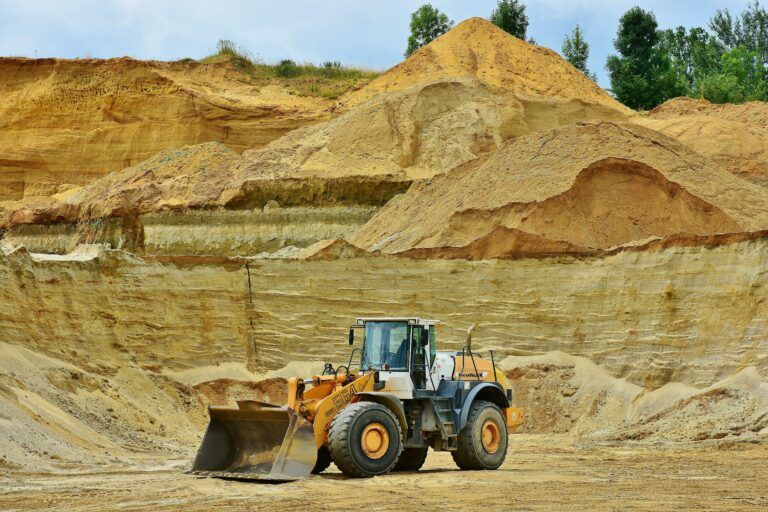A quartet of companies, including Ford and IBM, believes blockchain is a solution to ensure ethically sourced cobalt from the Democratic Republic of the Congo (DRC).
Reporting from Reuters exlpained that LG Chem and Huayou Cobalt, along with the carmaker and technology giant, have teamed up on the project, which has been underway since December.
Much of the globe’s cobalt is mined in the DRC, an African nation long plagued by political instability and the use of child labor in horrid mining conditions.
A growing number of consumers and businesses are asking for proof that valuable minerals like cobalt are sourced fairly. The pilot blockchain project, overseen by RCS Global, intends to help entities get verification cobalt is not fostering further conflict in the region or being mined by children, according to Reuters.
A Valuable Mineral With A Long And Bloody History
Estimates say 60% of the globe’s supply of cobalt comes from the DRC. Cobalt is used to create lithium-ion batteries and is found in a variety of different electronics.
High demand for cobalt now comes from the promotion of electric vehicles, whose batteries usually need up to 20 pounds of the metallic element. A report from Morgan Stanley asserted the demand for cobalt is expected to jump eightfold by 2026.
According to Darton Commodities Ltd., at least 20% of the DRC’s cobalt is mined by locals, some of whom are children. Many children (and others) who mine have been exposed to high concentrations of dangerous metals.
The pilot project is expected to come to a conclusion at the middle of 2018. Cobalt that is extracted from one of Huayou’s mines in the area will be placed into a secure bag and tracked with blockchain as it moves to LG Chem’s plant in South Korea and to a Ford plant in the U.S.
IBM’s General Manager of Mining and Industrial Sector Business, Manish Chawla, said there is not necessarily a foolproof way to track and pinpoint ‘cleanly’ sourced cobalt, but “you have to keep the ball moving forward, to keep raising the level of accuracy.”
Using Blockchain To Trace Is Becoming More Popular
A growing number of entities are turning towards blockchain to help track valuable raw materials and metals.
CryptoGlobe reported in October that rough diamond miner Alrosa joined a pilot project for a blockchain-based diamond traceability platform called ‘Tracr.’
The platform is being crafted by the De Beers Group to tackle issues of transparency and traceability in the diamond sector.
Earlier in October 2018, reports emerged that the London Bullion Market Association is “planning to help modernise and improve transparency in the industry with an approval process for companies using blockchain technology to track the movement of gold.”









